How to Gently Bring a Victorian Home Into the 21st Century
Victorian houses, grand or humble, typically are solidly built and simply configured. Inside, the 19th-century homes were originally built with interesting features, such as sash windows, ceiling medallions, cast iron fireplaces, molding and tall baseboards. But these details have not always been appreciated. In decades past they often were ripped out and replaced with cheap modern materials in a bid to bring the homes up-to-date.
Today, though, a more considered approach is the norm. We want to preserve or reinstate original features to bring character to our homes without compromising on contemporary style and functionality. Often this means marrying hallways, living rooms and bedrooms bursting with authentic character with a highly efficient kitchen and bathroom. But there are other ways of celebrating a Victorian home’s ancestry without living in a museum piece. Here’s how.
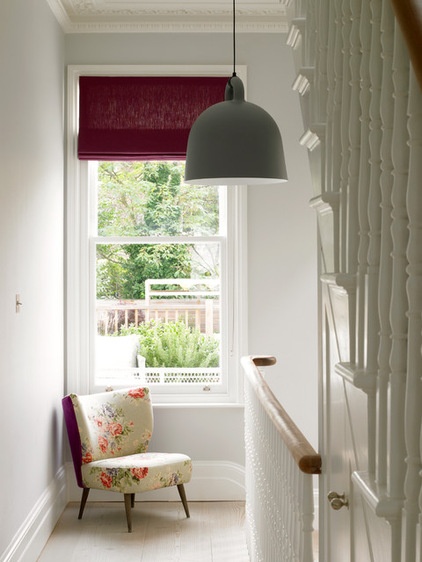
Say yes to sash windows. Victorian homes were originally typically fitted with simple sash windows. If you have original ones, repairing and waterproofing them can help them live a long and beautiful life. Also consider upgrading sashes with double glazing; numerous companies can fit double-paned units into existing frames. Alternatively, there are companies that can manufacture authentic replacements.
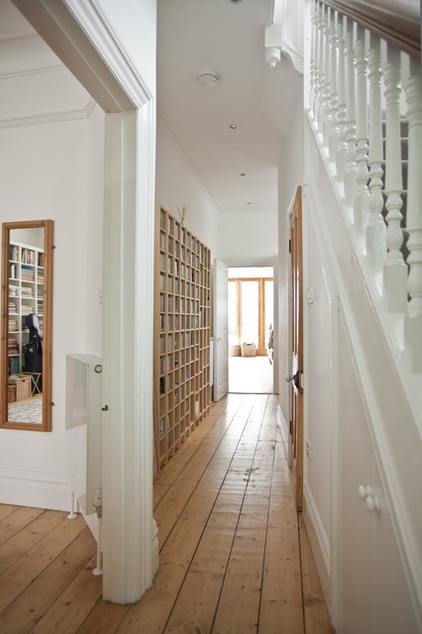
Preserve original floorboards. Homeowners are as obsessed with original boards today as they were a few decades ago, when it became fashionable to rip up carpeting and show off the wood beneath. Even battered and worn boards can be repaired and patched, so seek renovation advice before giving up on your Victorian originals.
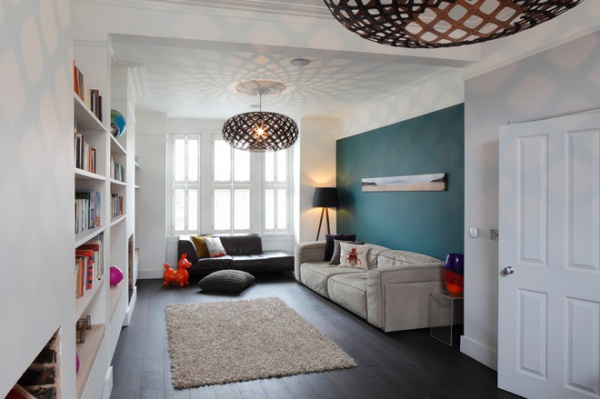
Celebrate a ceiling medallion. Original features such as ceiling roses are great assets, but you can bring them gloriously up-to-date. Why not juxtapose a contemporary light fitting with a traditional plasterwork medallion? In this living space, the lattice design of the shades throws interesting shadows onto the ceiling, drawing the eye up, so you can’t fail to spot the original features.
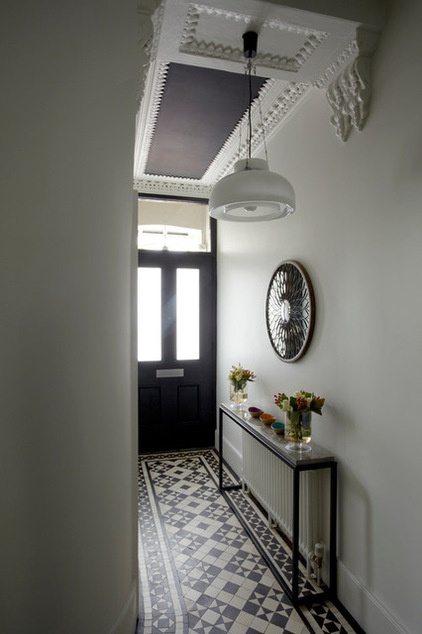
Create contrast with molding. Ornate plasterwork molding was beloved by the Victorians, but you can reinvent it today, while also making it stand out, by painting a bold shade near it. This is a neat way of both celebrating and modernizing an original feature.
Heads-Up Hues: 10 Bold Ceiling Colors
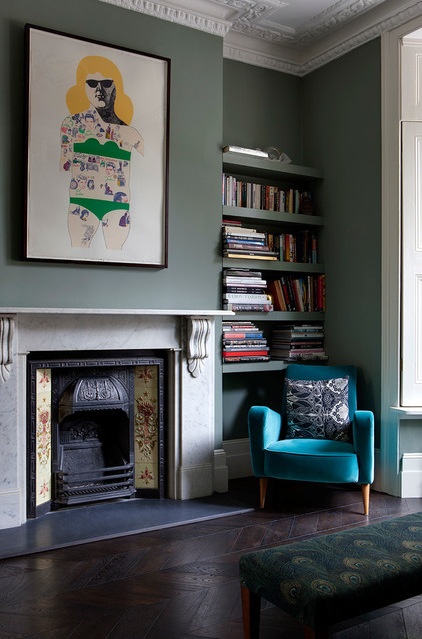
Use bold color. Today’s moody dark hues work brilliantly with Victorian features and are in keeping with the love of dark shades during that period. Here a cloudy gray looks striking alongside an original fireplace. Avoid cluttering the mantelpiece with objects, which will tax the eye, especially if there are decorative tiles on the fireplace surround. A striking contemporary artwork hung above, on the other hand, strikes just the right note of edgy modernity.
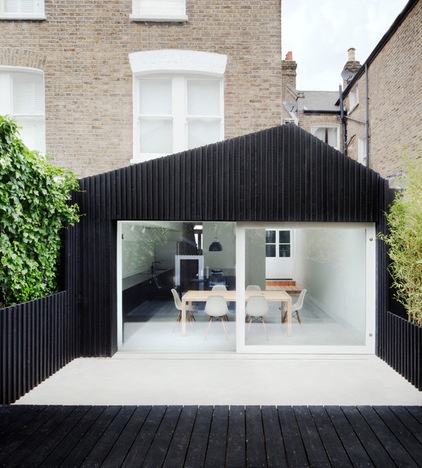
Add a sleek extension. No house, however beautiful, should stay static, so don’t be afraid to add dramatic contemporary style to your Victorian home. Thousands of properties from this period have been extended with a supersleek kitchen-dining addition — and it works! Much of family life can take place in the large, contemporary extension, while smaller rooms in the original Victorian side of the house offer more intimate spaces.
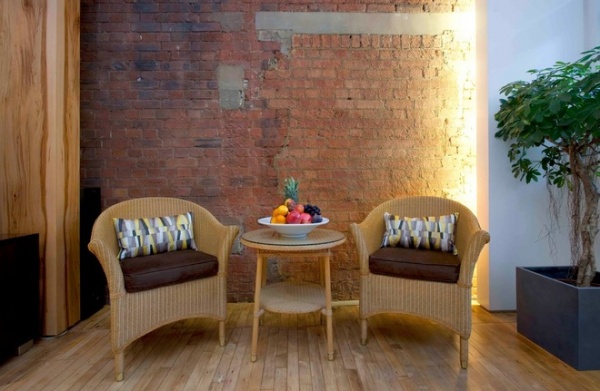
Expose brick walls. You can reference the industrial buildings and lofts of the period in any Victorian home by exposing the brickwork. Just one wall, or even a section of it, with visible bricks brings a raw, rustic quality to any space.
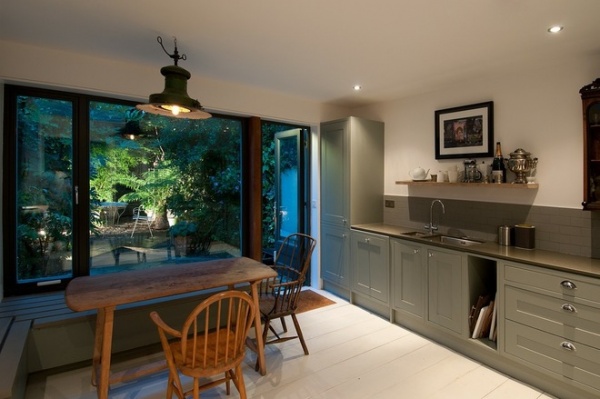
Avoid contemporary clichés. Certain ingredients crop up time and again in contemporary conversions and extensions. Bifold doors, for example, are much loved for their ability to blend inside and out. But if you wish to bring your Victorian home up-to-date in a subtler way, steer clear of these choices and source more timeless options that will bridge the gap between the decade in which your home was built and today. In this kitchen, for example, the owners have fitted a door and windows rather than the typical wall of folding doors. It prevents the space looking too “now” and means there’s room to build in bench seating with views over the garden.
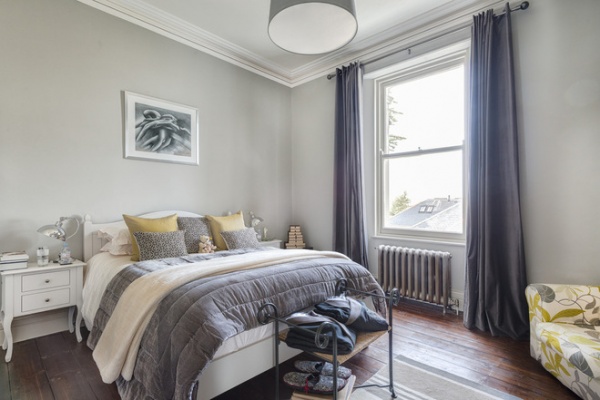
Invest in new classics. These days modernizing a Victorian home is more about making it function well while still preserving its character. Homeowners are less interested in creating a stark, modern look in a period property. So look for fittings that reference the period but offer contemporary efficiency. It can be expensive and time consuming to source original, reconditioned pieces from the Victorian period, but newly made versions of traditional designs are widely available. You can find everything from radiators to tiles that are dead ringers for the real thing while offering the benefits of being newly manufactured.
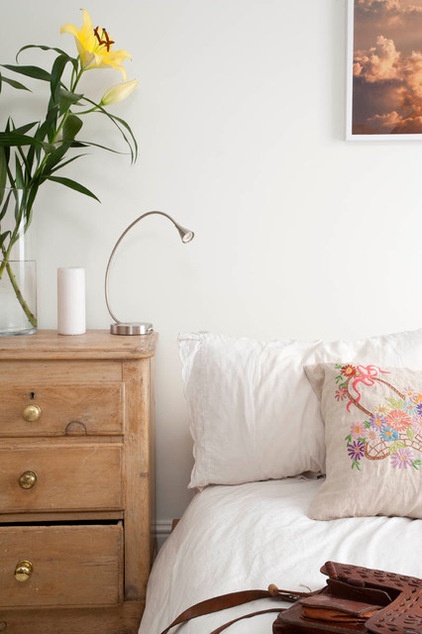
Upcycle period pieces. Source some inexpensive Victorian pine furniture — chests of drawers, cabinets and blanket boxes can be found on eBay and in flea markets — and bring them up-to-date by stripping them back or painting them a bright shade. Add new knobs or handles, too, for a fresh look. These upcycled pieces will feel at home in your Victorian property without looking stuffy.
More:
Global Architecture Style: Victorian
8 Victorian Drawing Rooms for Modern Living
Tell us: Have you improved your Victorian home? Share your tips and photos in the Comments below.












